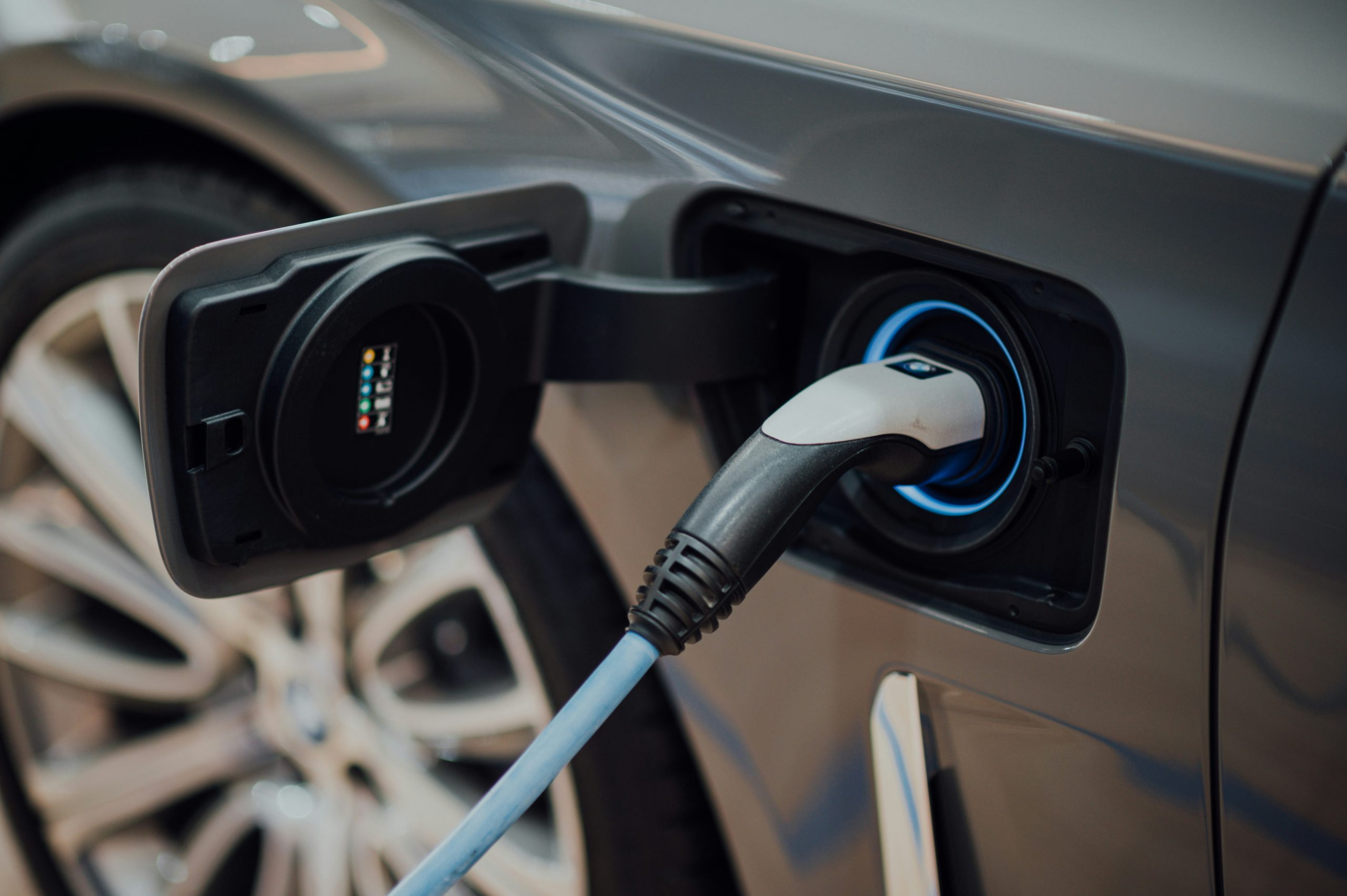07 June 2024
by Christopher Carey
The Biden-Harris administration has announced US$1.3 billion in funding to support the expansion of electric vehicle (EV) charging infrastructure in urban and rural communities across the US.
The programme, supported by guidance and technical assistance from the US Joint Office of Energy and Transportation (Joint Office) and administered by the Federal Highway Administration (FHWA), is open to state, regional, Tribal and local government entities.
Funded through the Bipartisan Infrastructure Law, the Joint Office says the cash injection is “the largest single grant funding opportunity for EV charging in the nation’s history”.
“Doubling down on electrification is more important than ever to our economic prosperity and national security,” said Joint Office Executive Director Gabe Klein.
“With the rest of the world pushing down on the accelerator; we are moving fast to position the United States as the global leader in the future that everyone is racing toward.”
The programme’s previous round of funding benefitted 47 projects in 22 states and Puerto Rico, supporting construction of approximately 7,500 EV charge points.
The FHWA received applications for six times the amount of funding available, according to a press release, and will reserve more than US$520 million for some unselected first-round applicants that may be reconsidered for the current round of funding.
Applications for the latest round of funding are due by 28 August.
Slow expansion
The Biden-Harris administration has pledged to expand the nationwide network of EV charging to 500,000 ports by 2030, with stations no more than 80 km apart on the busiest highways.
As of December 2023, there were 183,000 public charging ports in the US but their geographical distribution is highly skewed.
California has by far the most advanced EV infrastructure, with 51,490 ports according to a 2023 iSeeCars study, while Alaska has the fewest with 123.
Despite the availability of funding, the rollout of infrastructure has been slow.
Out of US$5 billion in funding allocated in 2021, just seven charging stations have begun operating, according to Reuters.
Speaking at a Senate Environment and Public Works committee hearing on Wednesday, US Senator Jeff Merkley called the progress “pathetic”.
“We’re now three years into this, that is a vast administrative failure. Something is terribly wrong and it needs to be fixed.”
Image: chuttersnap-unsplash

